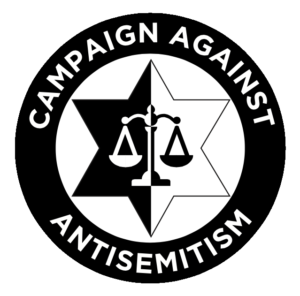Concerns over Holocaust ignorance amongst teachers, leading to “real-life consequences”
Concerns have been raised over ignorance surrounding the Holocaust amongst teachers in England, including those charged with educating schoolchildren on the subject.
Although researchers from University College London’s (UCL) Centre for Holocaust Education said that there have been improvements since a similar study was conducted in 2009, nevertheless there remain significant causes of concern.
The research found that most teachers did not know where or when the Holocaust began or what proportion of the German population in 1933 was Jewish. Less than half of the teachers surveyed knew what the response of the British Government was to hearing about the genocide of European Jewry, and about a fifth of those with recent experience of teaching about the Holocaust had received no formal specialist training.
The result, according to Dr Andy Pearce of UCL, is that pupils could be developing “skewed and fundamentally erroneous impressions of this period.” He added: “If one of the aims of teaching and learning about the Holocaust is to prevent the repetition of similar atrocities in the future, then we need to have secure knowledge and understanding of why this particular genocide happened. As a society, we should have no tolerance for misunderstandings, myths and mythologies about the Holocaust. That can be a breeding ground for conspiracy theories and for revisionism and for denial and distortion. There are real-world consequences for these misconceptions and misunderstandings.”
The study was based on focus groups and a survey of 1,077 teachers, 964 of whom had recently taught the Holocaust.
Campaign Against Antisemitism has published curricula dealing more broadly with the topic of antisemitism. The curricula can be accessed here.



